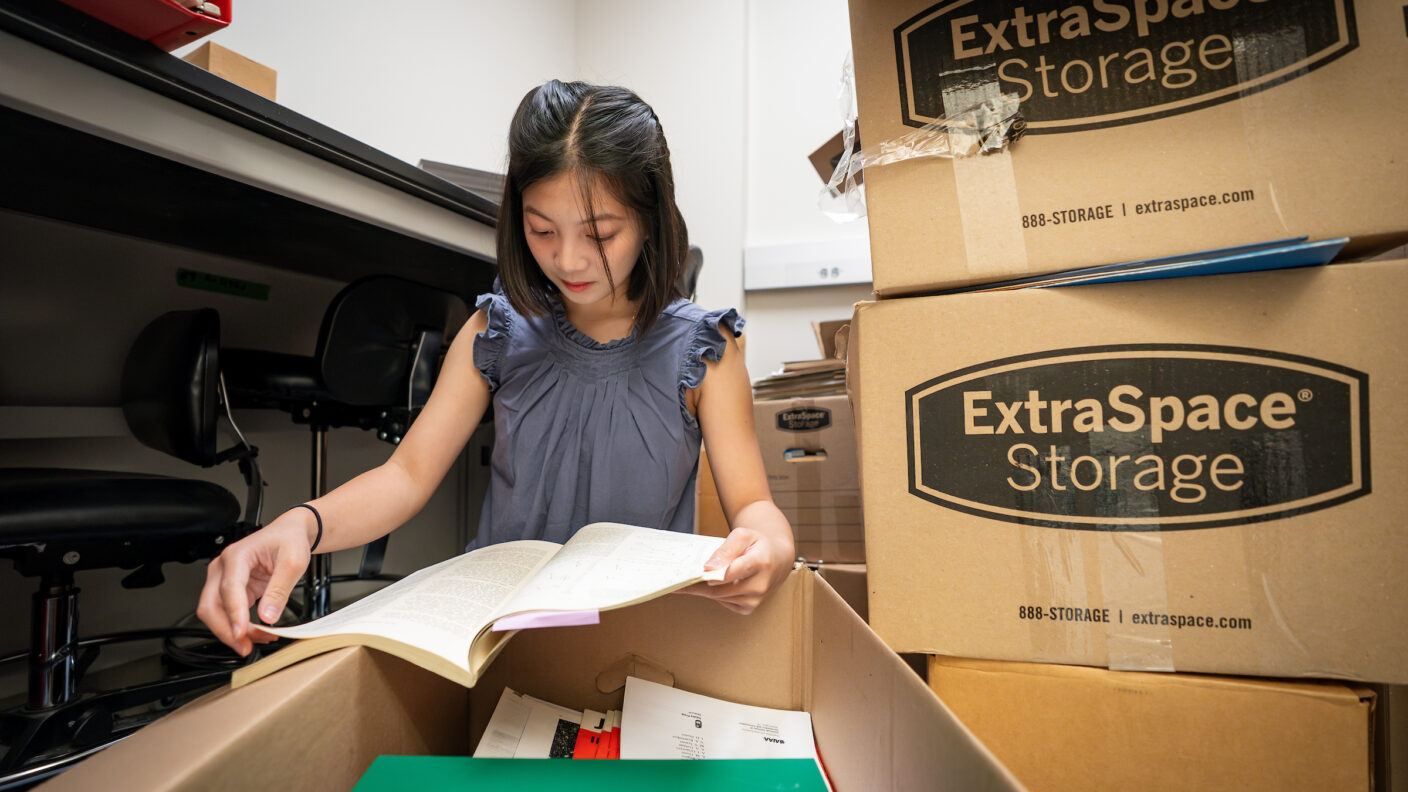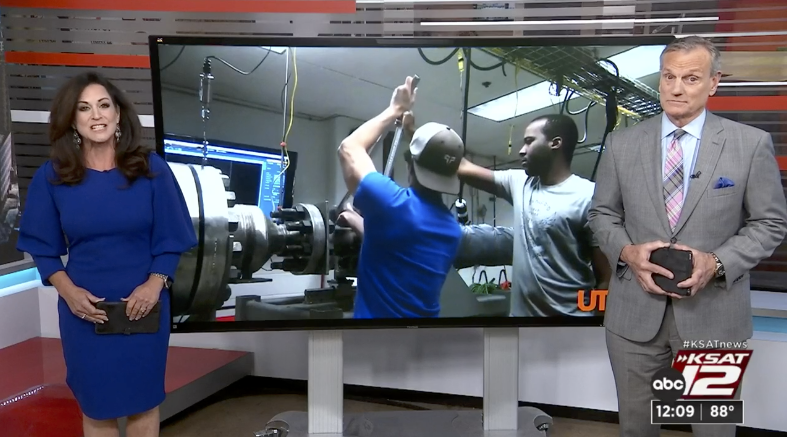
NASA Papers Acquired By Texas A&M Give Insight To Aerospace Medicine Research
In a lab at Texas A&M University, nearly 1,000 pounds of VHS tapes, declassified NASA documents and photos are neatly stacked on floors. Each piece, from footage of the Apollo 8 mission in 1968 to photos of astronauts eating breakfast, tells a story of a time long ago.
The documents were meticulously kept by Dr. John Charles, former chief scientist of NASA’s Human Research Program. The collection holds decades of historical and scientific importance from his time at NASA. Along with working as the mission scientist for notable space shuttle flights STS-95 and STS-107, he played a pivotal role in the NASA Twins Study that compared astronaut Scott Kelly with his identical twin Mark Kelly, providing key information on the genetic, physiological and cognitive impacts of extended space missions.
After Charles died in 2022, his collection was given to Dr. Jeffery Chancellor, director of the Aerospace Medicine Program at the Texas A&M University College of Medicine, who worked with Charles. While it may seem like a herculean task to comb through each document, VHS tape and file, three Texas A&M students, Wyatt Sprague, Madelyn Pham and Caroline Anderson, rose to the occasion under Chancellor’s guidance to catalogue each piece.
“At NASA, they had a saying: Xerox everything,” Anderson said. “During an interview in 1998, Dr. Charles said that was one of the difficulties in working with Russia. If he handed them an unfinished paper, they would keep it and throw away all revisions. At NASA, they kept everything. He definitely took that NASA philosophy to heart.”
- Read more in Biomedical, TAMU
(Pictured) Chemistry senior Madelyn Pham looks through materials from the collection that once belonged to Dr. John Charles, former Chief Scientist of NASA’s Human Research Program. Charles’ collection was recently donated to Dr. Jeffery Chancellor, director of the Aerospace Medicine Program at the Texas A&M University College of Medicine.





